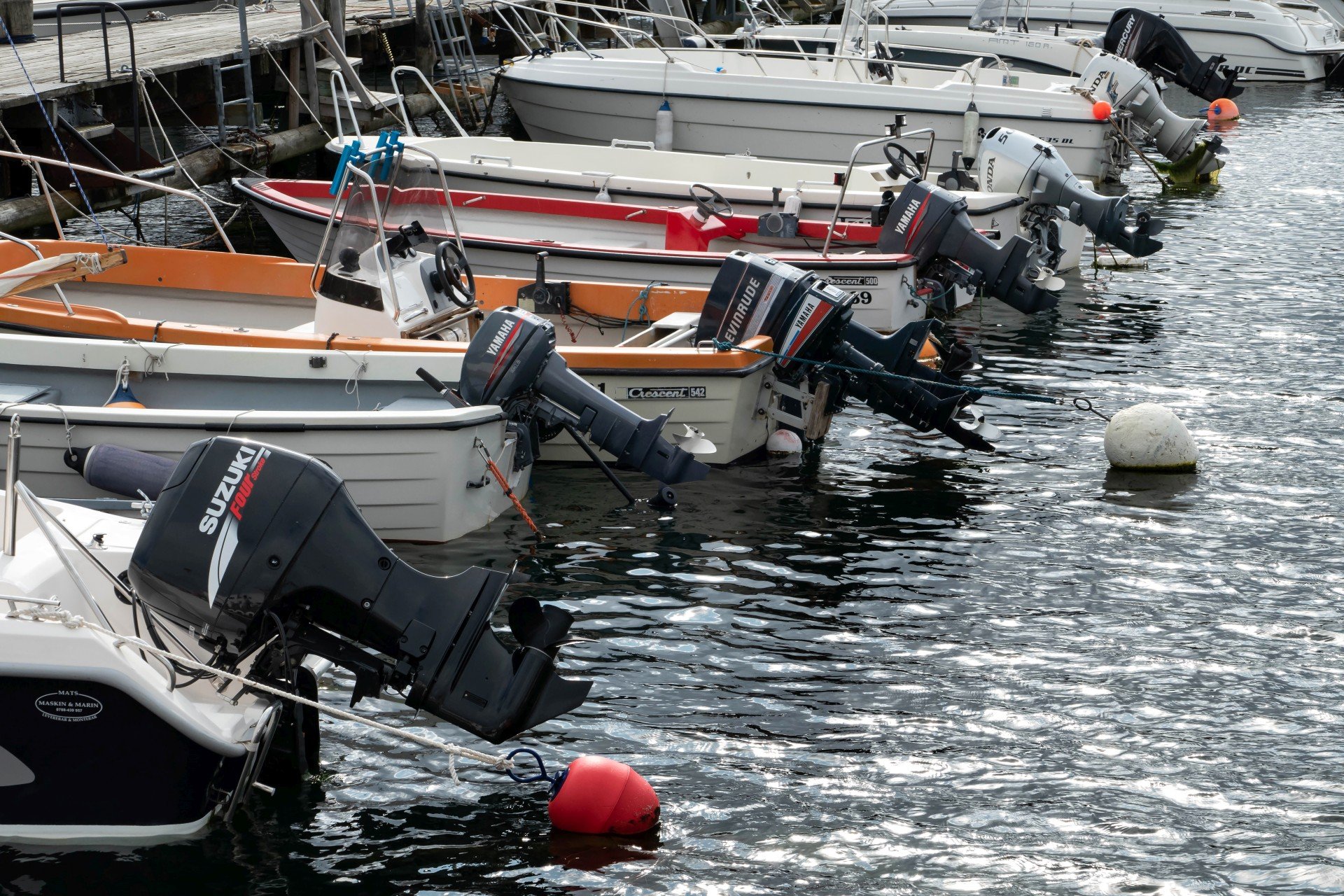As the non-profit newsroom Pro Publica reports, the U.S. Environmental Protection Agency (EPA) in spring approved new boat fuel additives by Chevron, whose exhaust fumes are a million times more carcinogenic than guidelines normally allow. Continued exposure to the fumes would statistically cause cancer in nearly 100% of people.

The Environmental Protection Agency of the U.S. government is tasked with protecting the environment and public health. As part of the Clean Air Act, one of their responsibilities is to regulate the chemical composition of fuels. Before new fuels or fuel additives can be brought to market and are allowed to be used, they have to be approved by the EPA. The Office of Chemical Safety and Pollution Prevention (OCSPP) is the EPA branch which is responsible for assessing the risks new chemicals pose to the natural environment, and to human health. Despite the excessive cancer risks of their exhaust fumes, the EPA approved the new fuels for use in boat engines, with almost no restrictions.
As the new chemicals are now officially authorised for use in marine fuels, these highly carcinogenic pollutants can be emitted freely into the atmosphere and leak into the waters. Pro Publica calculated that a person who continuously breathes air contaminated with the exhaust fumes, which a boat engine burning the new fuel produces, has a 130% risk of developing cancer during their lifetime. Put another way, assuming an average life expectancy, every single human being living in a place where the breathing air is polluted with this new type of exhaust gas would develop cancer with almost absolute certainty.
The agency also assessed the risks of eating fish from water contaminated with the new chemicals. It was found that out of 100 people eating such fish, seven would be expected to develop cancer over their lifetime. That risk is about 70,000 times higher than the agency usually permits.
The EPA doesn't just have the authority to ban new fuels outright, it can also tie their approval to conditions imposed on the manufacturers. For instance, they could request further studies on the health risks and risks to the environment. They can also request manufacturers to monitor air pollution levels, or order the manufacturer to take measures to reduce the emission of contaminants. Despite the high toxicity of the new chemicals, the EPA made no such demands. The only restriction they imposed is that workers at the manufacturing refinery have to wear gloves when producing the fuel.
Chevron says that the new fuel isn't being commercially manufactured yet, but with the EPA's blessing, the door is open. The documents speak of an initial 100 sites where the new fuels are planned to be put to use. However, the actual locations aren't publicly known. People living or working near boat harbours, for example, will therefore not know whether the boat engines running there will soon start poisoning their breathing air with the new, extremely toxic and deadly exhaust fumes. In addition, boat engines in particular often expose humans very directly with high concentrations of their exhaust gases. They are often left idling for extended periods of time, even when anchored, as the winds keep blowing the fumes back to the shore. It's unclear whether the new fuel will also be sold for small boat engines, but people relaxing on a leisurely boat trip also often stay out on the lake, with the outboard motors of their boats left idling and shrouding them in the exhaust fumes.
Since a radical restructuring starting in 2017, the Environmental Protection Agency has been under increased criticism for being strongly beholden to the influence of industry lobbyists, rejecting scientific evidence that could threaten jobs and businesses, and valuing the profits of private corporations higher than the protection of the environment and people's health. The new revelations on fuel approvals follow on from drastic budget cuts, allegedly politically enforced staff turnover, and several attempts by the Agency to revoke previously passed acts on the protection of air and water quality. It has led one esteemed client scientist, Benjamin D. Santer, to claim that it should now be considered to be an actual "Environmental Pollution Agency".
Sources
- EPA Approved a Fuel Ingredient Even Though It Could Cause Cancer in Virtually Every Person Exposed Over a Lifetime (Sharon Lerner, Pro Publica, co-published with The Guardian)
- Environmental Protection Agency (German Wikipedia)
